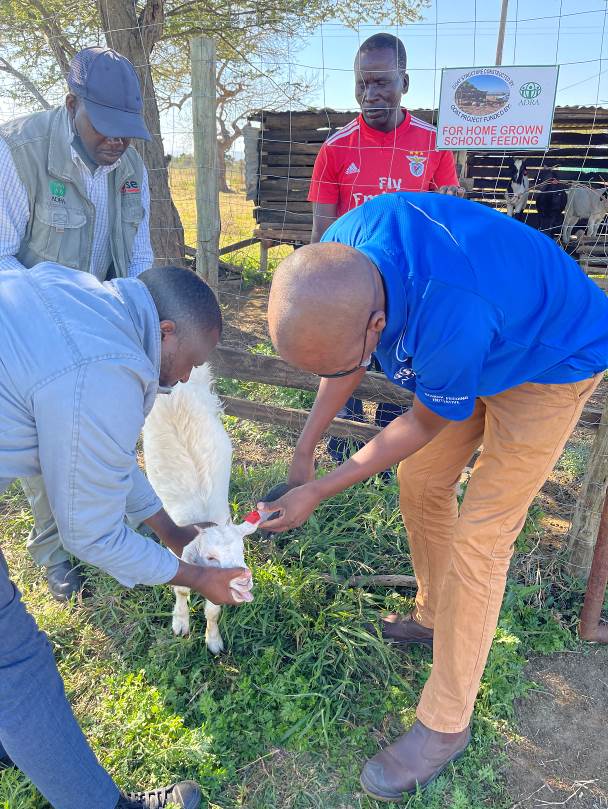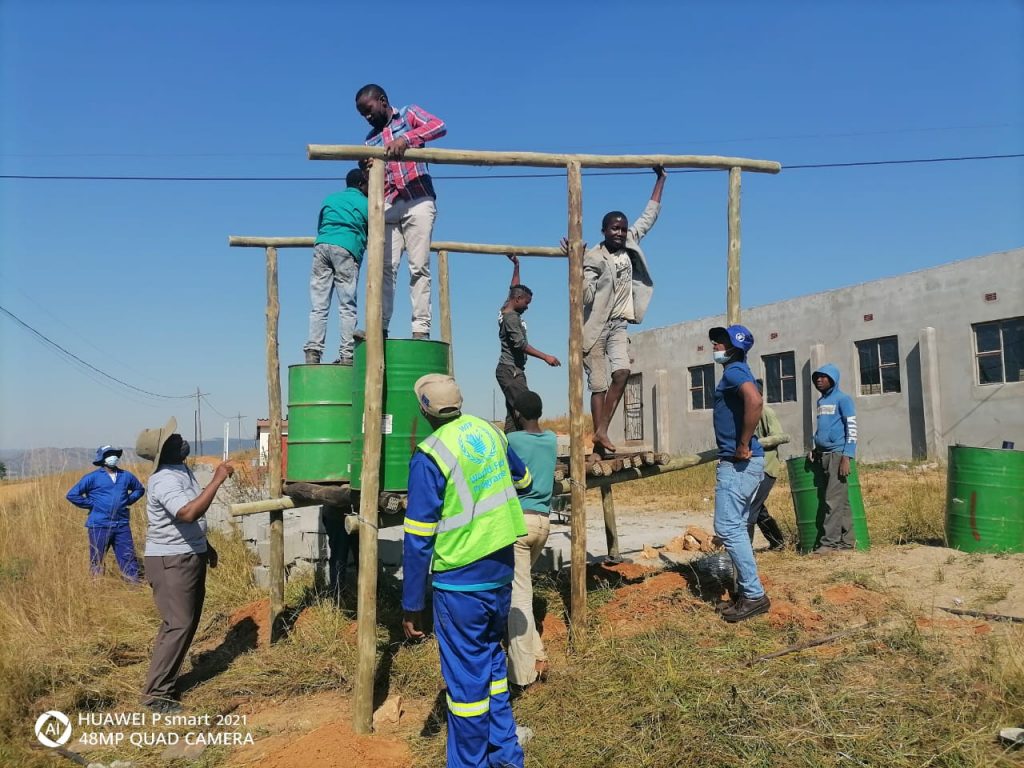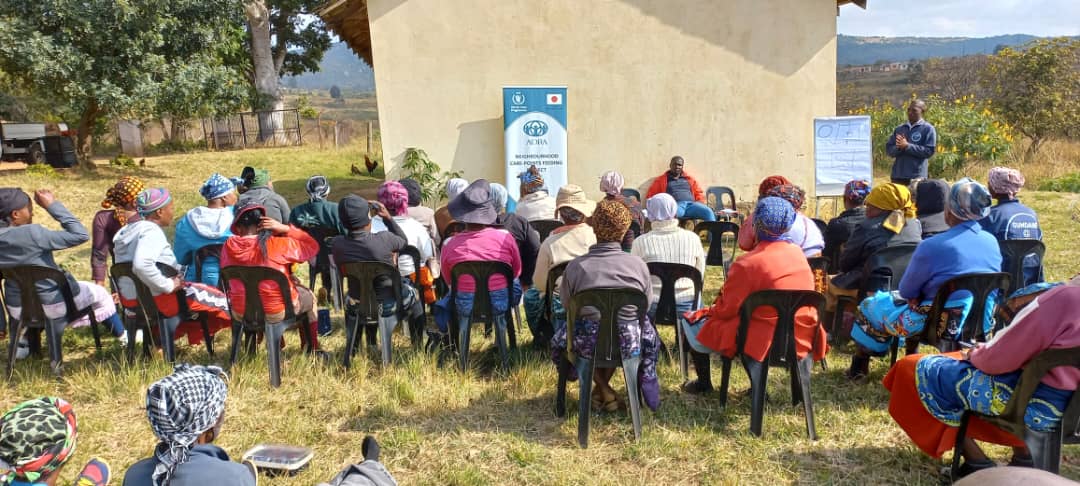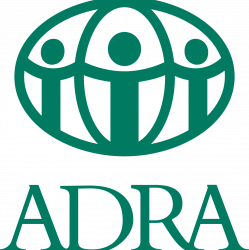ADRA Eswatini Sustainable Livelihoods -Food& Nutrition Security Programs
In 2011 the Agency expanded its portfolio to include Agricultural programs. These were aimed at improving agricultural production for smallholder farmers in drought stricken areas, which does not only assist the farmers’ food security status but also their economic status as well. This is through increased agribusiness and market opportunities.
For three years ADRA distributed casserole soya rice to 33 primary schools. This project was later upgraded to a sustainable livelihoods project for the schools where they are assisted to maintain Income Generating Activities (IGAs) for the schools to sustainably support homegrown school feeding.
The World Food Programme (WFP) also partnered with the agency for a food production project for Neighborhood Care Points (NCPs) aimed at enhancing homegrown food production for NCPs whilst improving nutritional status for children under the age of five. Through this sector, ADRA, Eswatini had started to deliberately target the vulnerable and difficult to get youth bracket group. These were trained through the YEP project on hard life skills and assisted to form CBOs for ease of market linkages and access to government funding
Women constitute 53% of the population in Swaziland and represent a significant proportion of the vulnerable populations. When women are empowered with improved access to resources, the care for the children and those who are chronically ill improves, in partnership with WFP, ADRA Eswatini is piloting a project to empower women headed households with Conservation Agricultural skills that will not only assist their food security but also the food basket for the NCPs they support.



